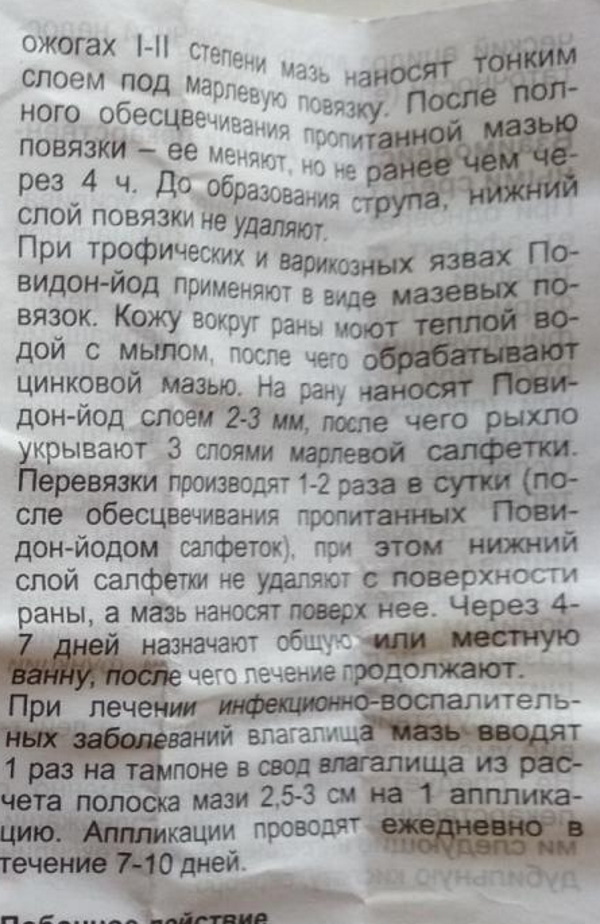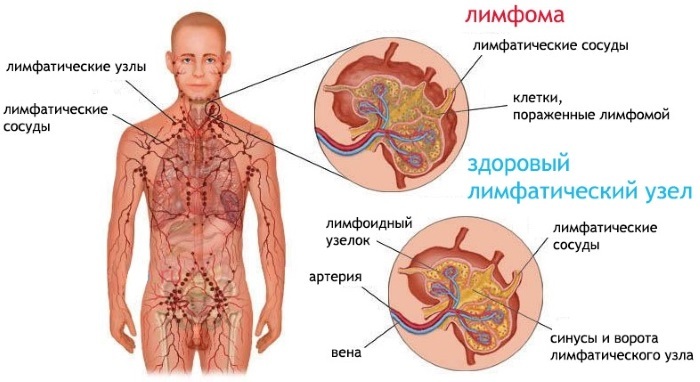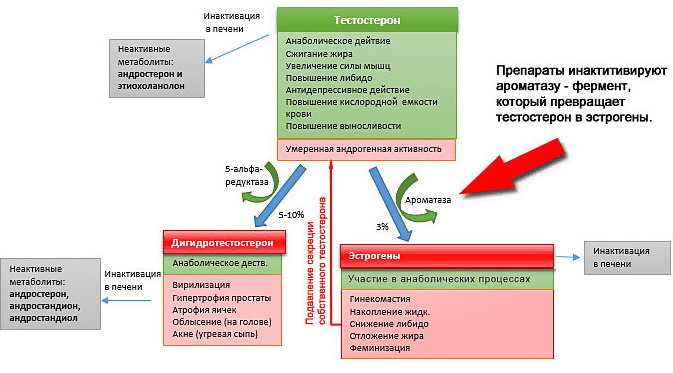In addition, the drug violates the links between certain types of RNA to the membrane ribosomes. JUnidoks soljutab characterized by a significantly higher activity for cultures of microorganisms are in the functional stage of growth and division at the same time, the drug is practically no effect on the microorganisms in step rest.

Structure and Composition
Clinico-pharmacological group: the antibiotic tetracycline.
Active substance JUnidoks Solutab ® supplemented doxycycline monohydrate microcrystalline cellulose, lactose monohydrate, saccharine, colloidal silica anhydrous low substituted giproloza, hypromellose and magnesium stearate in the desired amount.
The drug is released in the form of tablets that dissolve in the oral cavity and have no need for swallowing. Form biconvex, round. Color light yellow tones with shades of gray. On one side there is the risk of isolation and code label 173 on the other side.
What applies JUnidoks soljutab?
Indications for use of "JUnidoks soljutab" are the following diseases caused by bacteria:
disease genitourinary system:
- cystitis;
- endometritis;
- urethritis;
- gonorrhea;
- prostatitisCaused by a bacterium;
- pyelonephritis;
- syphilis;
- chlamydial infection;
- urogenital mycoplasmosis.
disease digestive system and bile ducts:
- dysentery;
- cholecystitis;
- gastroenterocolitis;
- travelers' diarrhea;
- cholera;
- yersiniosis;
- cholangitis.
disease respiratory system and otolaryngology:
- acute bronchitis;
- tracheitis;
- pneumonia;
- pharyngitis;
- tonsillitis;
- otitis;
- sinusitis;
- lung abscess.
other disease:
- eye infection;
- sepsis;
- osteomyelitis;
- infection from insect bites or animals;
- chlamydia;
- whooping cough;
- fever;
- proctitis;
- Lyme disease;
- plague;
- malaria;
- psittacosis;
- bartonellosis;
- psittacosis;
- brucellosis;
- Skin and soft tissue infections;
- peritonitis.
pharmachologic effect
The drug contains the active ingredient - doxycycline - antibiotic tetracycline group. Doxycycline has a bacteriostatic action by inhibiting synthesis and metabolic proteins contained in the cell membrane of microorganisms.
In addition, the drug violates the links between certain types of RNA to the membrane ribosomes. The preparation is characterized by a significantly higher activity for cultures of microorganisms are in the functional stage of growth and division at the same time, the drug has almost no effect on the microorganisms resting stage.
special instructions
- Erythroderma history is not a contraindication to the use of the drug.
- Cross-resistance with possible cephalosporins and penicillin preparations.
- Application flemoksin Solutab, as well as other drugs penicillin, can serve the development of superinfection.
- Cancel therapy is required in case of severe diarrhea characteristic of pseudomembranous colitis.
- Patients with infectious mononucleosis and lymphocytic leukemia drug is prescribed with caution because of the high probability of developing exanthema nonallergic origin.
- In cases course therapy should monitor liver function, kidney and hematopoiesis.
- The growth of microflora insensitive to the drug can serve the development of superinfection, which requires a corresponding change in antibiotic treatment.
- In the treatment of mild diarrhea in the background of a course of treatment is recommended to avoid taking antidiarrheal drugs that reduce intestinal motility. It encouraged to nominate kaolin- or attapulgitsoderzhaschie antidiarrheals.
- It is mandatory after the disappearance of symptoms of disease, treatment should continue for another 48-72 hours.
With simultaneous use of amoxicillin and estrogensoderjath oral contraceptives as possible it is recommended to use other or additional contraceptive methods.
Instructions for use
Duration of administration and dosage of the drug should be prescribed by a doctor, depending on the disease and its flow. Tablets are swallowed whole or pulverized and mixed with water. The drug is preferably taken with meals. Take pills sitting or standing, which reduces the chance of developing esophagitis and esophageal ulcers. The drug should not be taken immediately before bedtime.
- Adults and children over 8 years old with a body weight of 50 kg on the first day of treatment is prescribed 200 mg / day in 1 or 2 divided doses, on the following days of treatment - 100 mg / day in 1 reception. In the case of severe infections prescribed 200 mg / day for the entire treatment period.
- For children aged 8-12 years with a body weight less than 50 kg, the mean daily dose - 4 mg / kg on the first day, then - 2 mg / kg / day (1-2 doses). In cases of severe infections of drug administered in a dose of 4 mg / kg daily during the entire treatment.
Average dosage depending on the disease:
- In uncomplicated gonorrhea (Except anorectal infections in men) adults appoint 100 mg of 2 times / day until complete healing (average for 7 days), or within one day administered 600 mg - 300 mg in 2 hours (second intake 1 h after first).
- In uncomplicated urogenital infectionsCaused by Chlamydia trachomatis, cervicitis, gonococcal urethritis caused by Ureaplasma urealiticum, administered 100 mg of 2 times / day for 7 days.
- In primary syphilis designate 100 mg of 2 times / day for 14 days, when the secondary syphilis - 100 mg 2 times / day for 28 days.
- For the prevention of traveler's diarrhea - 200 mg on the first day of the trip in 1 or 2 divided doses, then - 100 mg 1 time / day during the entire stay in the region (not more than 3 weeks).
- For prevention of malaria designate 100 mg 1 time / day for 1-2 days before the trip, and then - every day during the trip and for 4 weeks after their return; Children older than 8 years - 2 mg / kg, 1 time / day. prophylaxis duration should not exceed 4 months.
- When acne appoint 100 mg / day treatment course of 6-12 weeks.
- In order to prevent infections in medical abortion 100 mg administered 1 hour before and after the intervention of 200 mg.
- For the treatment of leptospirosis - 100 mg orally 2 times / day for 7 days; for the prevention of leptospirosis - on 200 mg 1 times / week for a stay in disadvantaged areas and 200 mg - at the end of the trip.
- When an infection caused by Streptococcus pyogenes, The duration of treatment is 10 days.
The maximum daily dose for adults - 300 mg / day or 600 mg / day for 5 days with severe gonococcal infections. For children over 8 years old with a body weight of 50 kg - 200 mg, for children 8-12 years old with a body weight less than 50 kg - 4 mg / kg daily during the entire treatment.
Contraindications
JUnidoks soljutab drug should not be used in such cases:
- severe pathological changes in the liver and kidneys;
- Pregnancy and lactation;
- allergic reactions to the use of tetracyclines;
- children under 12 years of age;
- porphyria.
Side effects
When using the drug may develop the following adverse reactions:
- The manifestations of allergic reactions: Urticaria, anaphylactic reactions, exacerbation of systemic lupus erythematosus, angioedema, pericarditis, erythema multiforme.
- The manifestations of the nervous system when applying JUnidoks Solutab: increased intracranial pressure (headache, vomiting, swelling of the optic nerve), vestibular changes (dizziness), blurred vision, forking eyes.
- Manifestations of the Skin: Exfoliative dermatitis, photosensitivity, maculo-papular and erythematous rash.
- Manifestations on the part of the circulatory systemHaemolytic anemia, decrease in prothrombin activity, thrombocytopenia, neutropenia, eosinophilia.
- Manifestations on the part of the endocrine system: Patients treated with doxycycline for a long time, can occur reversible staining of tissue thyroid in a dark brown color.
- Manifestations on the part of the digestive tractNausea, vomiting, diarrhea, dysphagia, anorexia, enterocolitis, esophageal ulcer, pseudomembranous colitis, esophagitis, darkening language, liver disease (chronic administration or in patients with hepatic and renal failure) cholestasis.
- Manifestations on the part of the urinary system: Increasing residual urea nitrogen (as a result antianabolicheskogo action).
- Manifestations from musculoskeletal: Doxycycline interferes with the normal formation of teeth in children, irreversibly changing the shade of the teeth (enamel hypoplasia appears).
Other manifestations of the application JUnidoks Solutab: causes candidiasis (stomatitis, proctitis, vaginitis) as the occurrence of superinfection.
drug interactions
The drug is not administered simultaneously with the antibiotics penicillin, cephalosporins and other antimicrobials, has a bactericidal effect.
Due to chemical reaction with metals doxycycline and antacids inactive compounds formed, so simultaneous reception of these drugs undesirable.
With the simultaneous use of the drug with anticoagulants should take into account the possibility of changes in prothrombin time.
Pregnancy and lactation
JUnidoks soljutab not used during pregnancy except when the drug is the sole means for the treatment or prevention of extremely dangerous and severe infections (Rocky Mountain spotted fever, inhalation and Bacillus anthracis other).
The active substance JUnidoks soljutab - Doxycycline, it passes into breast milk. In view of the adverse effects on the fetus, Doxycycline, like other tetracyclines, is not used during breastfeeding. If the appointment of tetracycline necessary, breastfeeding should be discontinued.
Doxycycline or JUnidoks Soljutab - which is better?
The main difference is that drugs that JUnidoks not so much affect the stomach and does not cause side effects typical of doxycycline (gastric ulcer, gastritis).
Absorption of the active ingredient occurs in the intestine and nearly 100% of the drug absorbed by the body. The only advantage of doxycycline is its very low cost, compared with the original.
analogs
Common analogs: vibramitsin d, doksibene hydrochloride, doxycycline, tetracycline hydrochloride, Dox-m-ratiopharm, doxycycline, tigatsil. Price analogues is significantly different from the original, most of it below.
prices
Average price JUnidoks Soljutab in pharmacies (Moscow), 310 rubles.
Storage conditions
At a temperature of 15 to 25 ° C. Keep out of reach of children! Shelf life: 5 years. Do not use beyond the expiration date printed on the package.
Conditions of supply of pharmacies
Drug prescription.



